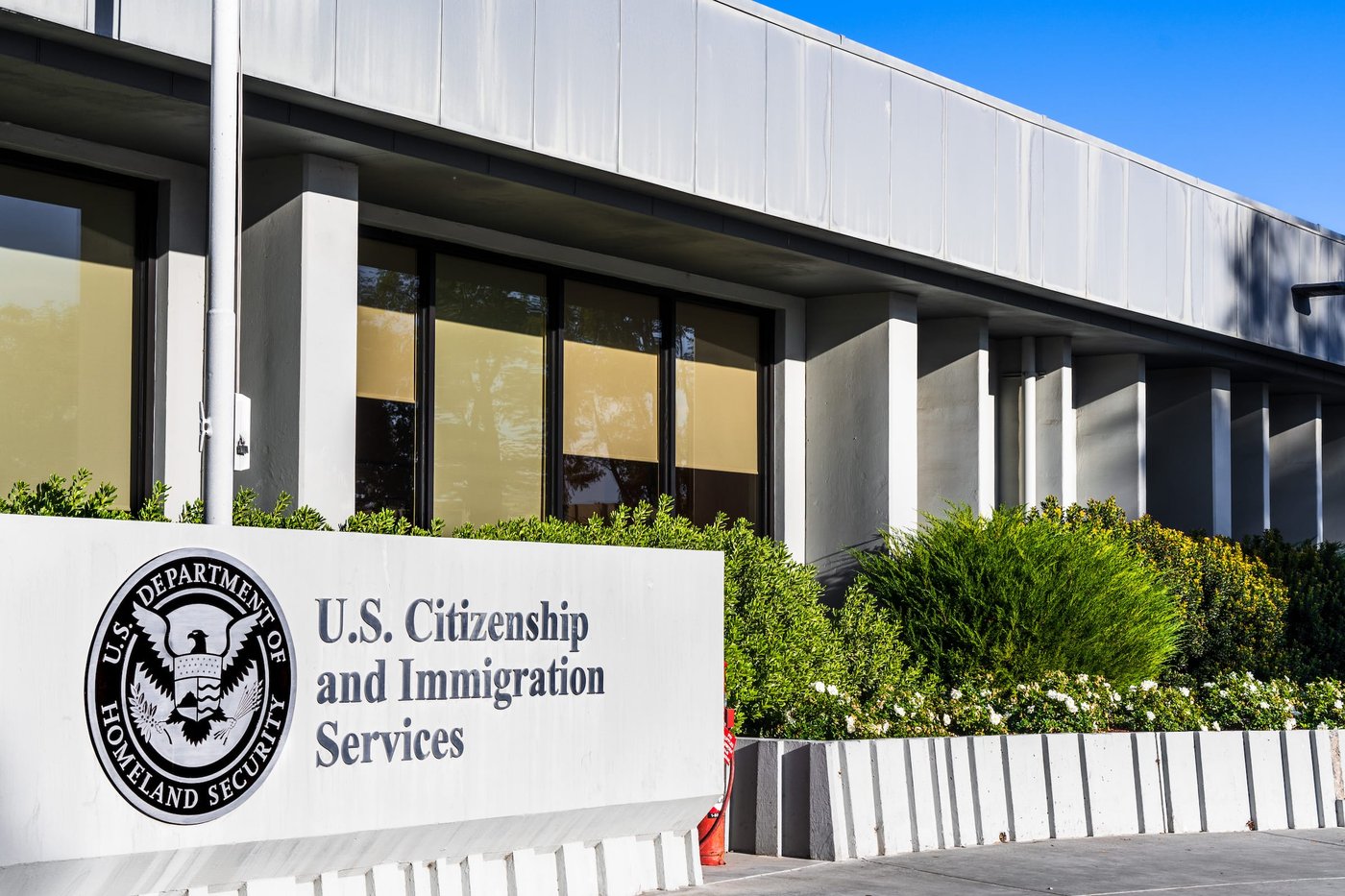
.svg)
{{tip-component-1}}
U.S. Citizenship and Immigration Services (USCIS) has issued new policy guidance that significantly raises the stakes for anyone applying for a green card through a family member. Effective August 1, 2025, the guidance gives immigration officers more discretion to deny applications without warning and increases the risk that some applicants could be placed in deportation proceedings.
The changes apply to all family-based immigrant visa petitions, including those filed by U.S. citizens and green card holders on behalf of a spouse, child, parent, or sibling.
“This update makes clear that USCIS is raising the bar on documentation and using enforcement tools more aggressively,” said Deanna Benjamin, an independent immigration attorney with Boundless. “Families applying on their own, especially those already in the U.S. without status, are most at risk.”
Two Major Changes to Family Visa Processing
While many of the updates reflect existing practice, two major changes stand out:
1. USCIS Can Deny Petitions Without an RFE or NOID
Previously, if an application was missing a required document or had minor issues, USCIS typically issued one of the following:
- RFE (Request for Evidence): A notice that lets the applicant fix the issue by submitting additional documents.
- NOID (Notice of Intent to Deny): A formal warning that the case may be denied, with a final chance to respond.
Now, USCIS officers can skip both steps and deny a petition immediately if required documents are missing or if there’s no clear legal basis for approval.
This means that:
- There may be no warning before your application is denied.
- If denied, you may need to start over and pay all fees again.
- Mistakes that used to be fixable could now have permanent consequences.
“We’re hearing about more pro se applicants being denied and then issued Notices to Appear in immigration court,” said Benjamin. “That’s a major change from how these cases were handled in the past.”
2. USCIS May Issue NTAs to Some Denied Applicants
A Notice to Appear (NTA) is the first step in deportation proceedings. Under the new guidance, if an applicant is in the U.S. without legal status and their petition is denied, USCIS may now place them in removal proceedings.
This risk is especially high for:
- Applicants who are undocumented but trying to legalize their status through a U.S. citizen family member
- People planning to apply for a waiver (Form I-601) and complete consular processing outside the U.S.
Boundless helps you complete your entire green card application — and get it right the first time. Learn more today.
Why USCIS Made These Changes
The agency says the new rules are designed to protect the integrity of the immigration system and weed out “fraudulent, frivolous, or non-meritorious” applications.
Family-based immigration remains the largest path to permanent residency, accounting for about 40% of all new green card holders each year, according to USCIS. The agency said it wants to ensure that the marriages and family ties behind those petitions are genuine and verifiable.
What This Means for Families
Even honest mistakes can now lead to denial and possibly deportation.
“People can’t afford mistakes anymore,” Benjamin said. “If you’re applying for a green card through a family member, your petition needs to be complete, accurate, and well-documented from the start. There might not be a second chance.”
If you’ve already filed or are planning to file a family-based petition, now is the time to:
- Carefully review all required forms and documents
- Double-check supporting evidence (e.g. marriage proof, birth certificates)
- Understand what’s at stake, especially if you’re currently out of status
{{cta-component-center-aligned}}
- USCIS can now deny family-based petitions without sending an RFE or NOID
- Applicants without legal status may be referred to immigration court if denied
- Family-based petitions do not provide protection from deportation
- Pro se applicants (those filing without legal help) face the greatest risk
- Accurate, complete applications are now more important than ever
.png)
.png)
.png)










.svg)
.avif)